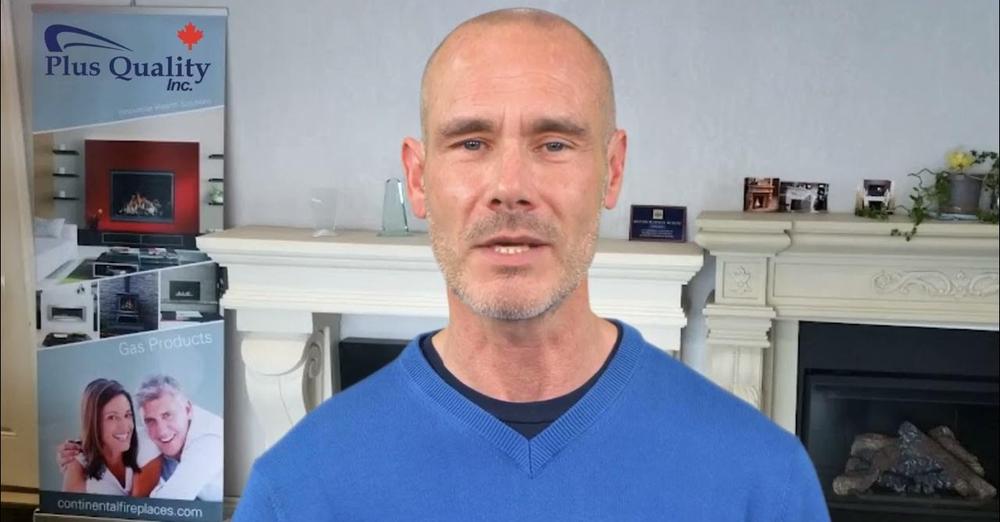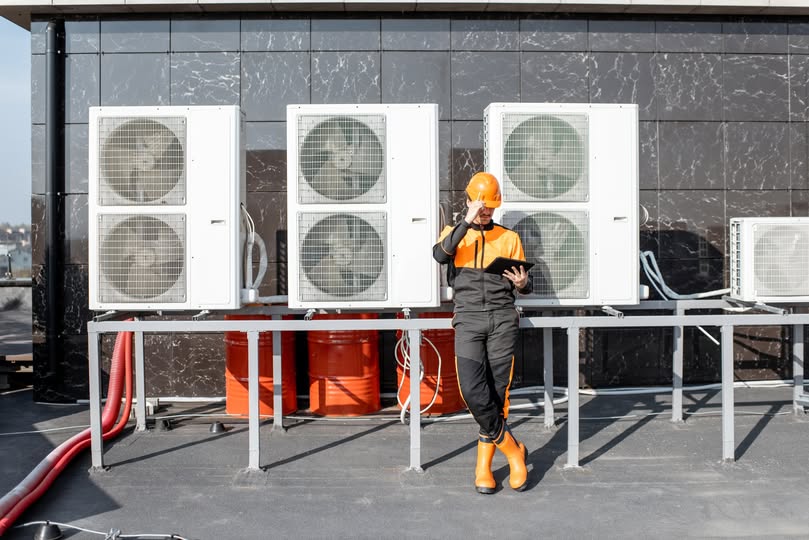5 tips for using a heat pump efficiently:
1. Maintain your heat pump regularly: Regular maintenance is crucial to keep your heat pump working efficiently. Clean or replace air filters, clean the coils, and check the refrigerant levels at least once a year. A well-maintained heat pump will work more efficiently and last longer.
2. Use a programmable thermostat: A programmable thermostat can help you save energy and money by automatically adjusting the temperature based on your schedule. Set the temperature lower when you're not at home or asleep and higher when you're active.
3. Keep the outdoor unit clear: The outdoor unit of your heat pump needs plenty of space around it to function efficiently. Clear away any debris, plants, or snow from the unit to prevent obstruction of the airflow.
4. Close windows and doors: Make sure all windows and doors are tightly closed when you're using your heat pump. This helps to keep the warm air inside and the cold air out.
5. Use your heat pump wisely: Use your heat pump when you need it, but don't overuse it. Use natural ventilation to cool your home during mild weather. Avoid using space heaters or other electrical appliances that can generate additional heat and make your heat pump work harder.
If you require further information, please feel free to contact us at 905-738-3511.



